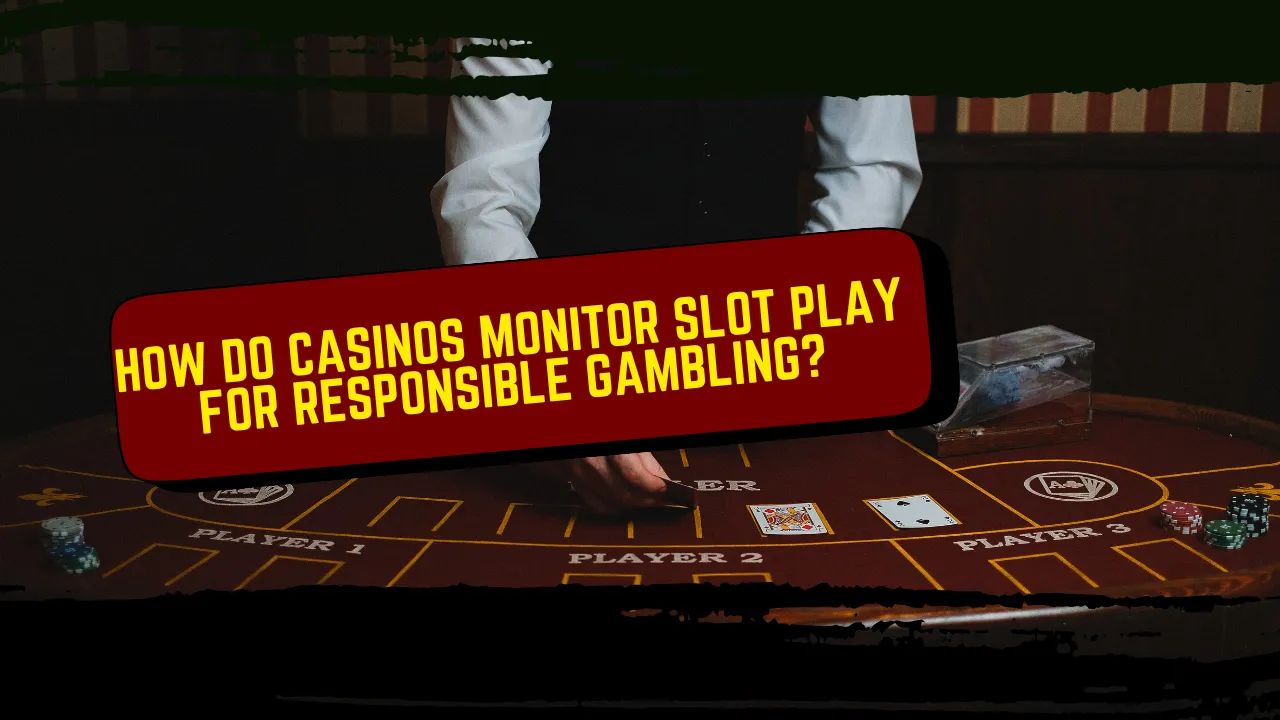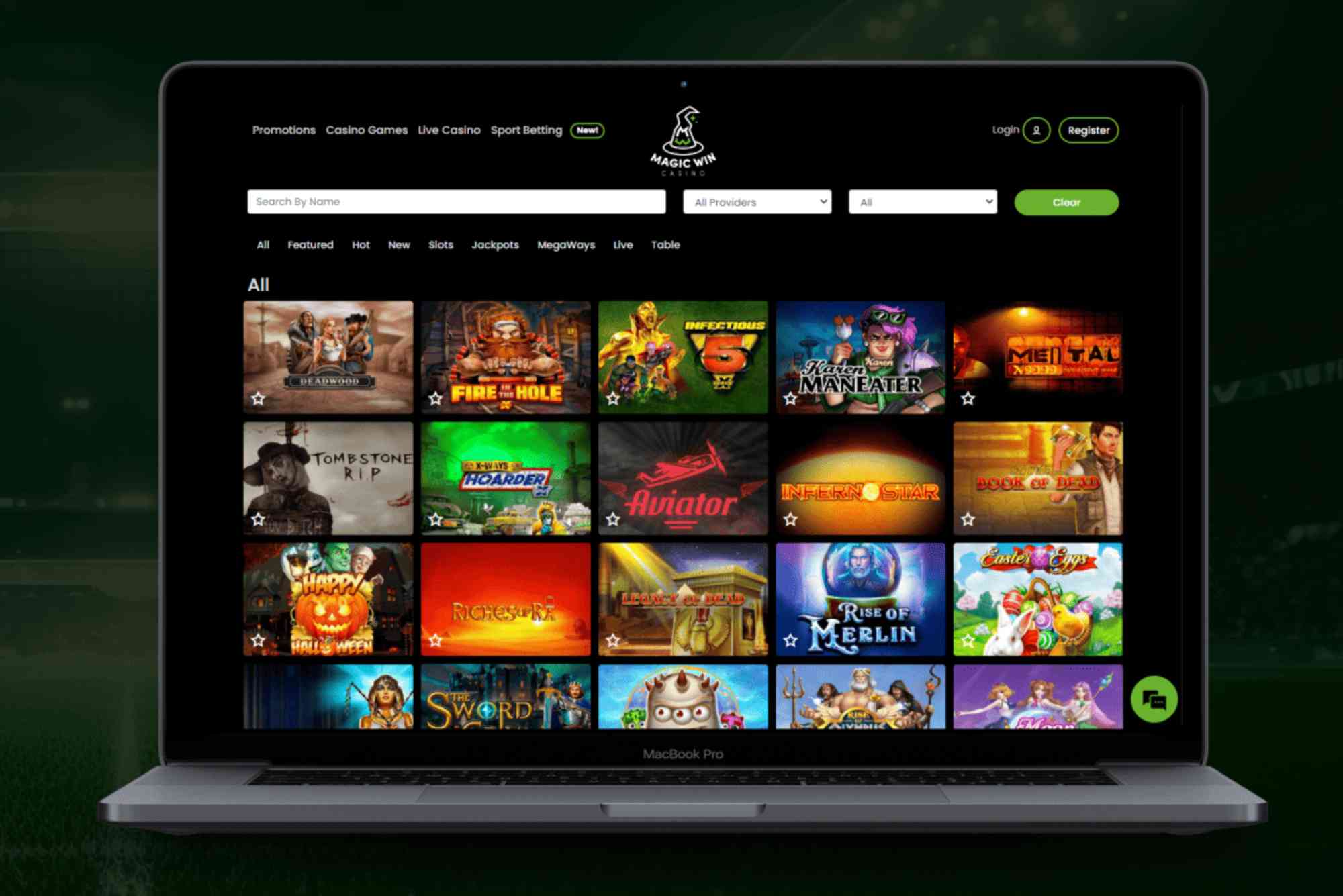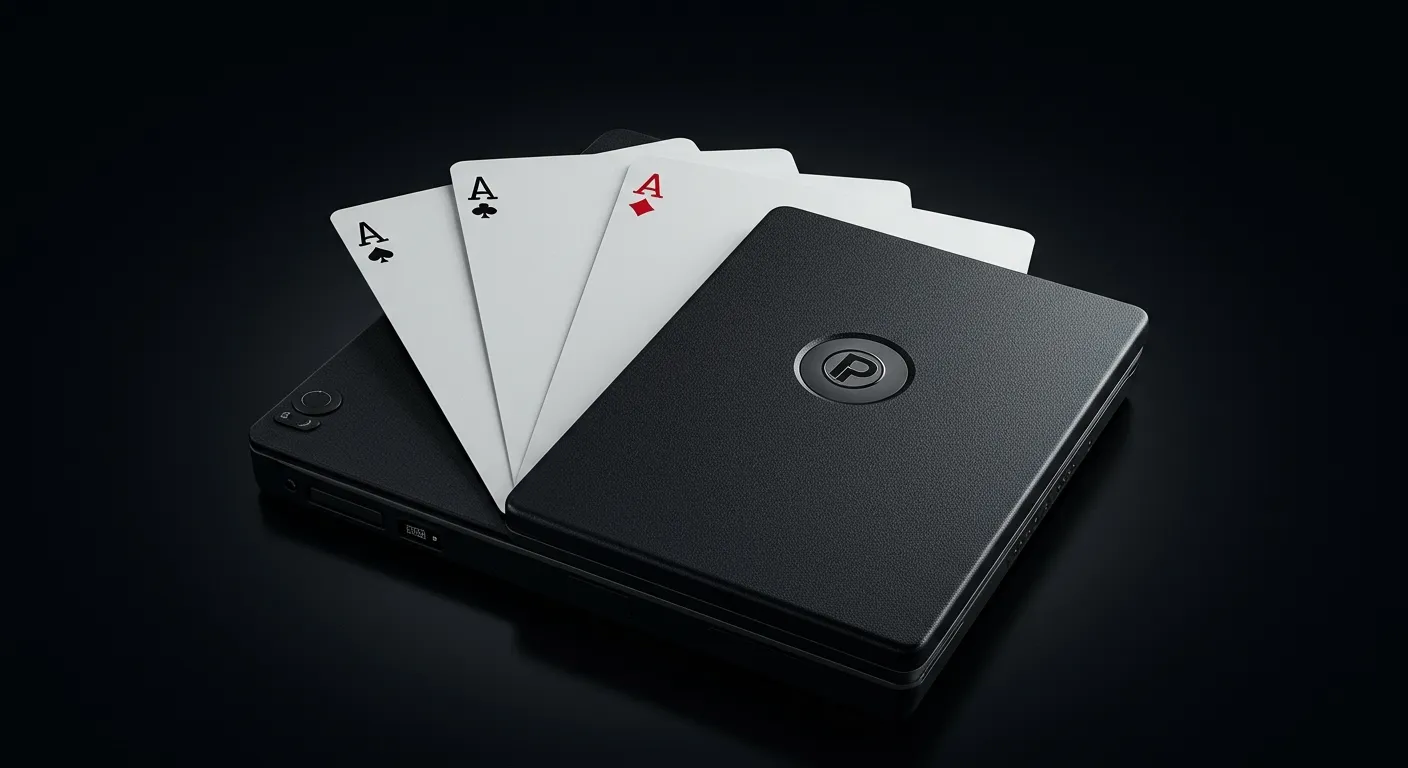Slot machines are the most popular attraction in almost every casino, both land-based and online. Their flashing lights, engaging sounds, and fast-paced gameplay make them hard to resist. But with that excitement comes the risk of excessive play. Because of this, casinos worldwide have developed systems to monitor slot play in ways that promote responsible gambling without ruining the entertainment value for their customers.
From loyalty programs to advanced algorithms, monitoring is no longer just about tracking wins and losses. It’s about ensuring that the environment remains safe, fun, and compliant with regulatory standards. Based on industry insights and my own exploration of how gambling operators function, here’s how casinos are keeping a closer eye on slot play for the sake of responsible gaming.
Using Player Tracking Systems
One of the primary methods casinos use to monitor slot play is through player tracking cards, often tied to loyalty or rewards programs. Players swipe or insert their card into the machine, and every spin is recorded. This data includes session length, total bets, average wager, and overall win/loss patterns.
While the main incentive for players is earning points or comps, the casino gains valuable insights into their behavior. For example, if someone begins playing much longer than usual or rapidly increases their wagers, the system can flag this as potential at-risk behavior. Some operators are already experimenting with real-time notifications that remind players to take a break if they cross certain thresholds.
These systems aren’t confined to the UK or European markets. Many operators abroad — including non uk casinos — are also adopting similar measures to meet global demands for safer gambling practices. What was once seen as optional is now becoming a standard expectation across jurisdictions.
Monitoring Play Through Smart Algorithms
Beyond loyalty programs, casinos are investing in sophisticated algorithms that quietly analyze play patterns in real time. These algorithms can detect unusual spikes in betting, continuous long sessions without breaks, or erratic behavior such as chasing losses aggressively.
In physical casinos, this data might be combined with observations from staff trained to recognize visible signs of distress. Online platforms, meanwhile, have the advantage of complete digital transparency, allowing operators to track every spin, deposit, and cash-out with precision.
This dual approach ensures that red flags don’t go unnoticed. If the data suggests a problem, casinos can intervene by limiting play, suggesting time-outs, or even temporarily suspending accounts until the player confirms they are in control.
Integrating Responsible Gambling Tools
Another significant step in monitoring slot play involves giving players the tools to self-regulate. Casinos have realized that empowering gamblers with options is often more effective than heavy-handed restrictions. Common tools include deposit limits, time reminders, session caps, and reality checks that display win/loss balances during play.
For example, a player might set a daily deposit limit, and once that cap is reached, the system won’t accept more funds until the next day. These built-in features serve as proactive safeguards that reduce the risk of impulsive behavior.
Importantly, these tools are now often mandated by regulators. Casinos that fail to implement them risk fines, license suspensions, or reputational damage. The result is a global push to standardize these protections across all major gambling markets.
Staff Training and Human Oversight
Technology may drive most of the monitoring today, but human oversight still plays a vital role. Floor staff in land-based casinos are often trained to spot signs of problem gambling — such as a player appearing agitated, borrowing money, or refusing to take breaks.
Staff are encouraged to approach customers discreetly, offering support or directing them toward responsible gambling resources. In some cases, they may suggest self-exclusion options, where a player voluntarily bans themselves from the property for a set period.
This human element ensures that monitoring is not just a faceless process but one that prioritizes player welfare on a personal level.
Collaboration With Regulators and Researchers
Casinos also work closely with regulators and academic researchers to refine their monitoring systems. Studies on player behavior help identify risk factors, and regulators often issue updated guidelines that casinos must follow.
For instance, regulators may require operators to report on the number of customers who used self-exclusion or responsible gambling tools in a given period. They may also mandate certain algorithms or technologies to detect harmful play. This collaboration ensures that monitoring practices aren’t static but evolve alongside new research and industry challenges.
The Balance Between Entertainment and Protection
One of the biggest challenges for casinos is striking the right balance. Players come to slot machines to have fun, and heavy-handed monitoring can feel intrusive if not handled carefully. The best systems are those that operate in the background, gently nudging players toward healthier habits without interrupting their enjoyment.
For example, a subtle on-screen reminder that says, “You’ve been playing for 60 minutes — would you like to take a break?” is far less disruptive than abruptly shutting down the machine. This balance between freedom and protection is at the heart of responsible gambling strategies.
The Future of Monitoring Slot Play
Looking ahead, monitoring will likely become even more advanced. Artificial intelligence could allow casinos to predict potential issues before they arise, analyzing not just raw numbers but also the emotional and behavioral cues of players. Biometric technology, such as facial recognition, might also be used to identify individuals who have self-excluded or show visible signs of stress.
Online casinos, meanwhile, are expected to expand their suite of responsible gambling tools, offering players more control and greater transparency. As technology advances, monitoring will not just be about compliance — it will become a core part of the customer experience, reinforcing trust and long-term loyalty.
Conclusion
Casinos have a responsibility to provide safe entertainment, and monitoring slot play is one of the most effective ways to ensure that responsibility is met. Through tracking systems, algorithms, responsible gambling tools, staff training, and regulatory collaboration, the industry is moving toward a safer and more transparent future.
While players may not always notice these systems in action, they play a critical role in protecting individuals from the risks of problem gambling. Ultimately, the goal is to ensure that slots remain what they were always meant to be: a form of fun and engaging entertainment, enjoyed responsibly.








